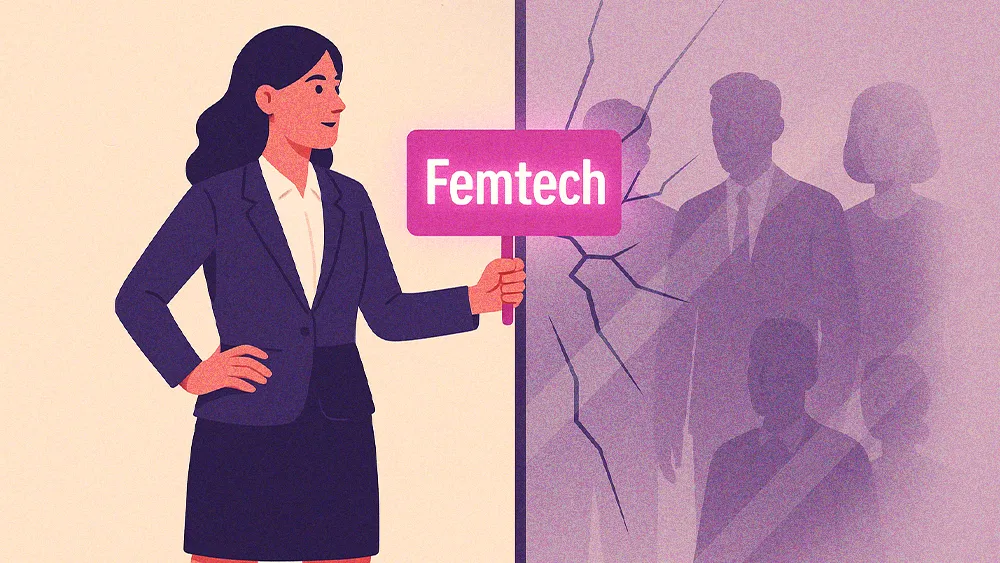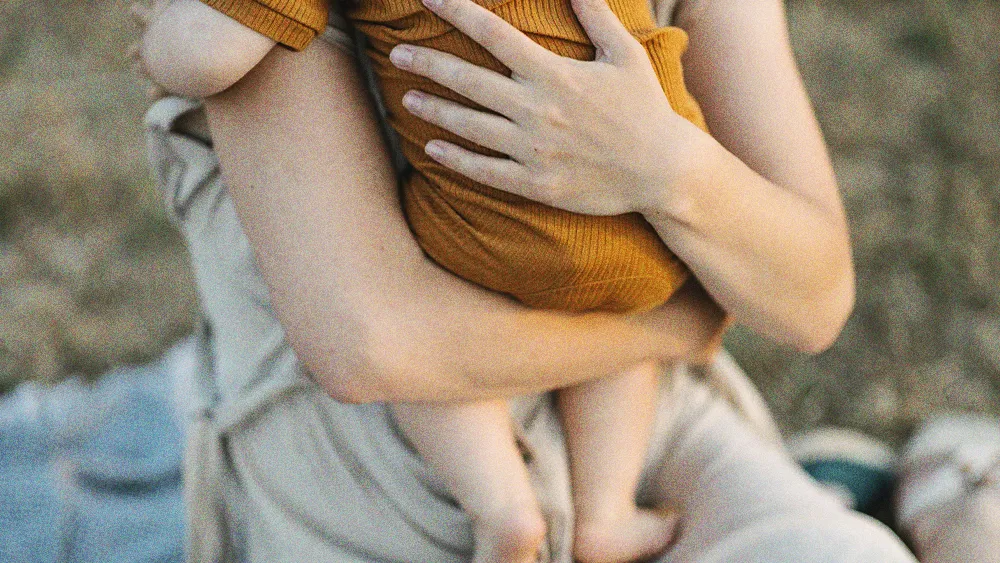The U.S. is considering a $5,000 "baby bonus" for new parents in 2025 to address declining birth rates, but experts argue it's a simplistic solution.
Kim Fenton, an Australian family support expert, advocates for systemic changes like paid parental leave and subsidized childcare over one-time payments.
Australia's experience shows that cash bonuses often fail to provide lasting family stability, leading to a shift towards comprehensive family support systems.
Fenton stresses the role of shared parenting and affordable childcare in creating a supportive environment for families.
The idea of a "baby bonus"—a federal cash handout like a $5,000 payment for new parents in 2025—is making waves in U.S. policy circles, driven by the Trump administration's concern over declining birth rates and economic fallout. But while the intent is real, the fix is simplistic. Australia tried this route in the 2000s and moved on, shifting focus to paid leave and subsidized childcare when one-off payments failed to deliver lasting impact.
Kim Fenton, Group Chief Commercial Officer at The Extend Group, an Australian education and care company steeped in designing family support systems, contends that such quick-fix bonuses barely scratch the surface. She calls instead for foundational, systemic overhauls.
A drop in the ocean: Fenton is skeptical of both the origins and the impact of these bonus proposals. "I've noticed everyone who's ever created a baby bonus has not understood the needs of families and the psychology of financing a family," says Fenton. "It takes hundreds of thousands of dollars to raise a child. $5,000 is really a drop in the ocean." She points to Australia's own history, where similar cash injections reportedly ended up buying big-screen TVs instead of offering lasting family stability.
Beyond babies: Moving beyond superficial fixes, Fenton argues the true task isn't just to boost birth numbers but to build a world where families can flourish without sidelining other vital parts of their lives. "What we have to be able to do is have a family and not stop contributing to other parts of our lives," she says. "I think that is the main challenge here." Her point lands with particular force in the U.S., a nation that, even in 2025, offers no federal paid parental leave, just the unpaid FMLA.
Leave is leverage: As a starting point, Fenton positions comprehensive paid parental leave as the first, most powerful lever for change—far more effective than a one-time check. "If you don't have paid parental leave—and it shouldn't be maternity leave, it should be parental leave—if you don't have that, that's number one," says Fenton. "And then, of course, there's the employer and what employers can do to support families as well," says Fenton.
Australia’s program, for instance, will provide up to 26 weeks of government-backed paid leave for families come 2026, a clear nod to shared parenting. This principle of dual involvement is something Fenton champions: "We always forget there's another person involved in having a baby. We need to acknowledge the fact that there are two people involved in this," she says.
Sharing the care burden: After leave, the "crushing" weight of U.S. childcare costs forms another formidable wall for families. Yearly infant care bills top $15,000 in many states, eating up over 20% of household budgets. Fenton insists the childcare discussion must pivot from viewing it as a mere drain to seeing it as an investment in parents' careers and families' economic futures.
Smarter investment: Government-backed childcare, therefore, offers a more potent long-term uplift than fleeting bonuses. "If your government could subsidize it, that's a whole lot better than a baby bonus," Fenton says, citing Australia's $17 billion AUD yearly spend.
"It would be a good investment. In Australia, the subsidy pays for itself through attracting more parents to work and pay tax," explains Fenton. "And conservative estimates indicate the Government earns up to $4 billion AUD more on top. If set up correctly, subsidized child care is good for the economy. And we get to keep having babies.
Parental leave, not payouts: Fenton calls for a radical reordering of priorities, pushing baby bonuses to the bottom of the agenda. The bedrock of real family support, she explains, is twofold: "The start would be a parental leave scheme. The second key is affordable and accessible childcare. Those are the two things that will help people have more children," Fenton says.








